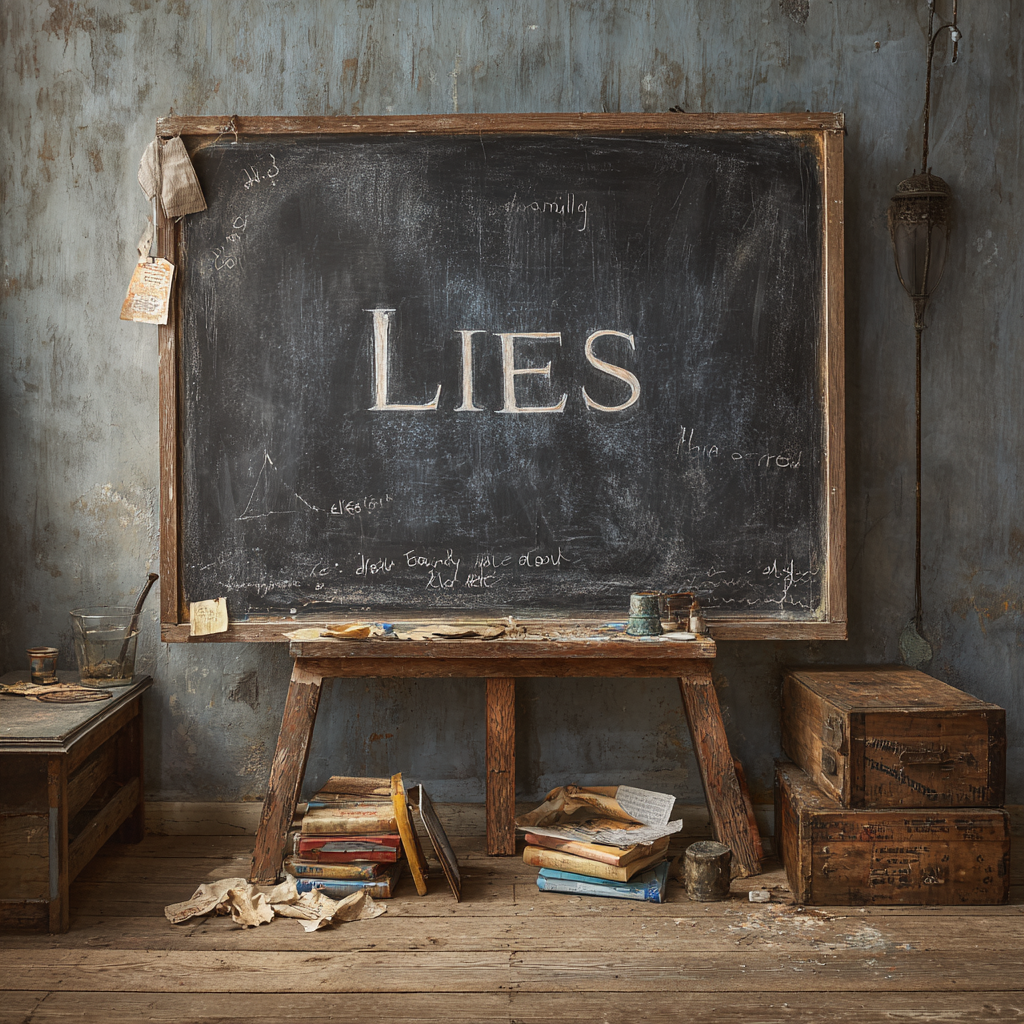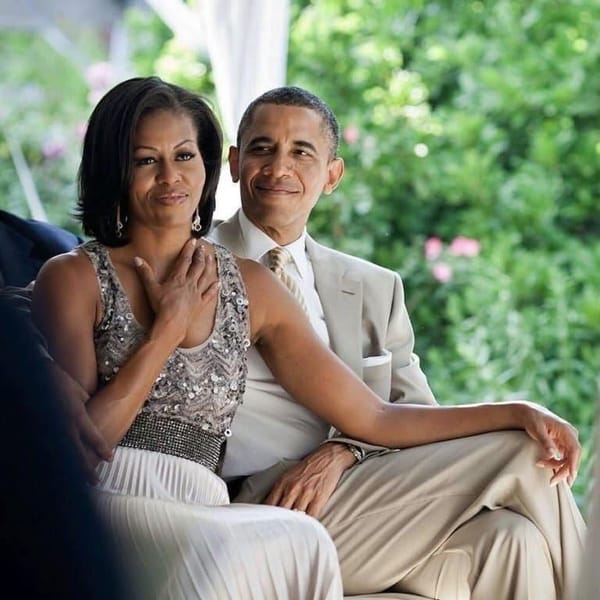When a Lie Becomes a Life Sentence

When I was seventeen, a lie about me changed the course of my life. It spread quickly, like poison in water, contaminating everything it touched. I was young, fragile, and unprepared for the weight of that falsehood. The shame and hurt were so unbearable that I quit high school, left my country, and tried to outrun the damage.
After about a year, I returned, but I wasn’t the same. The trauma had burrowed deep. My family, who had done nothing wrong, suffered right alongside me. To this day, the echoes of that lie still ripple through my life. One person’s fabrication altered not just my path, but the well-being of everyone I loved.
Unfortunately, my story isn’t unique. Lies—whether whispered in a hallway or broadcast to millions—have power. Sometimes, they even shape the world.
Lies That Changed History
- The “Weapons of Mass Destruction” ClaimIn 2003, the U.S. invaded Iraq under the pretense that Saddam Hussein possessed weapons of mass destruction. None were ever found. That lie cost hundreds of thousands of lives, destabilized a region, and left scars still visible today.
- The Protocols of the Elders of ZionThis infamous antisemitic hoax, published in the early 1900s, claimed Jews were plotting world domination. Though entirely fabricated, it fueled hatred, violence, and persecution for decades—and was even used as Nazi propaganda.
- Cigarette Companies and “Safe Smoking”For years, tobacco companies insisted cigarettes weren’t harmful, even hiring doctors for ads that claimed smoking soothed nerves. Those lies delayed public health action and contributed to millions of preventable deaths.
- The “Big Lie” of a Stolen ElectionIn recent years, a baseless claim that the U.S. presidential election was stolen has fractured trust in democracy, inspired violence, and continues to fuel division in communities across the country.
The Lies We Face Today
We live in a world where misinformation doesn’t just come from a whisper—it comes in tweets, TikToks, memes, and manipulated videos. Lies move faster than truth. They inflame emotions, pit us against one another, and damage real lives—just as one did mine, decades ago.
That’s why I urge you:
Before sharing anything on social media, pause. Ask yourself: Is this verified? Where did it come from? Could this hurt someone if it’s not true?
Because lies aren’t just words. They can end careers, topple governments, divide families, and—as I know all too well—change a life forever.
👉 So please, do all you can to verify information before you care, share, or act. Especially these days, when truth feels fragile, protecting it is one of the most powerful things we can do.
Julie Bolejack, MBA



